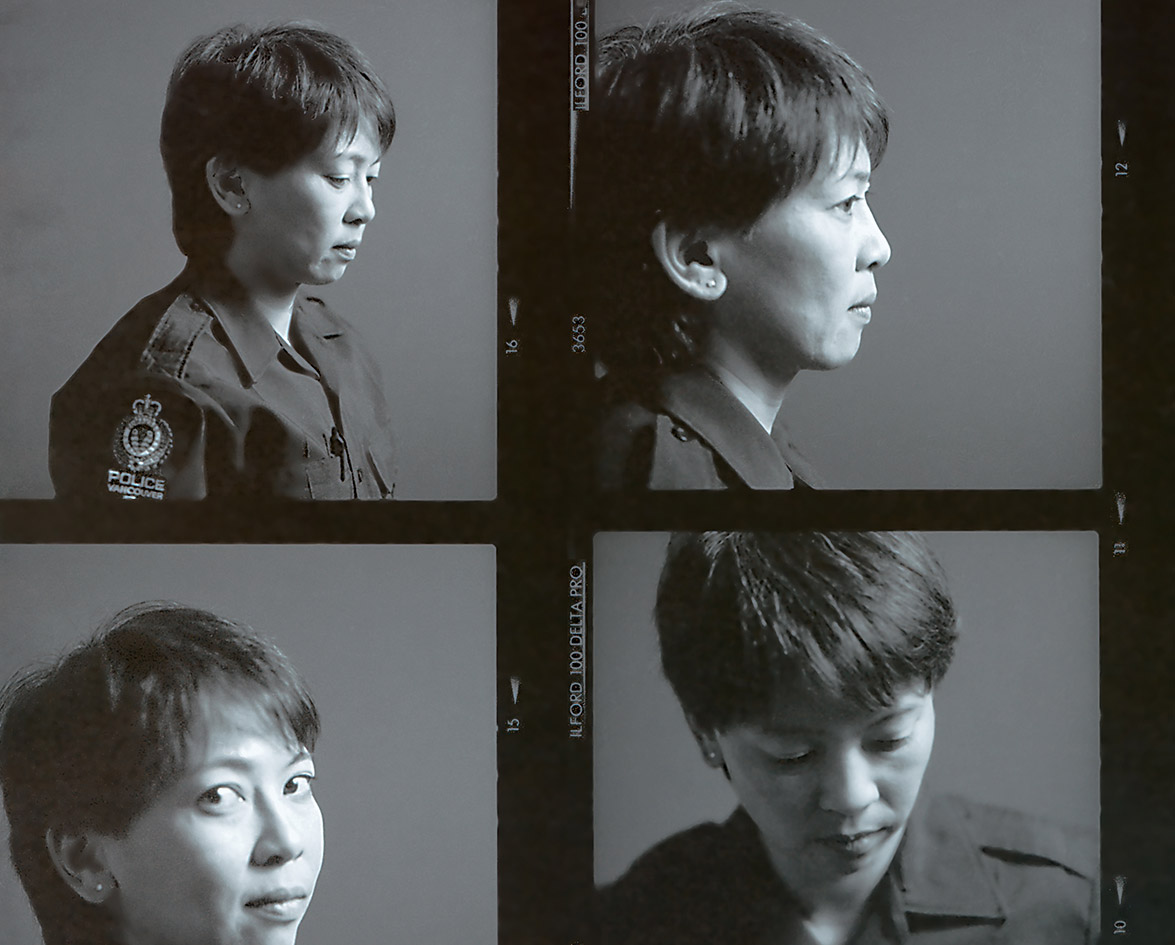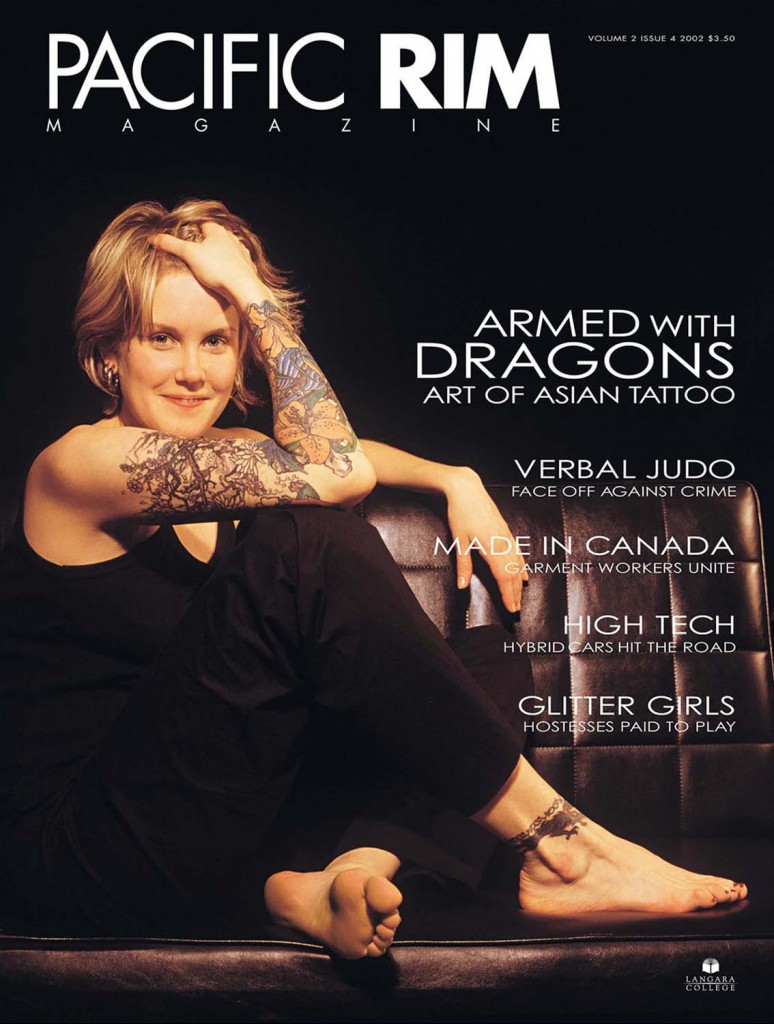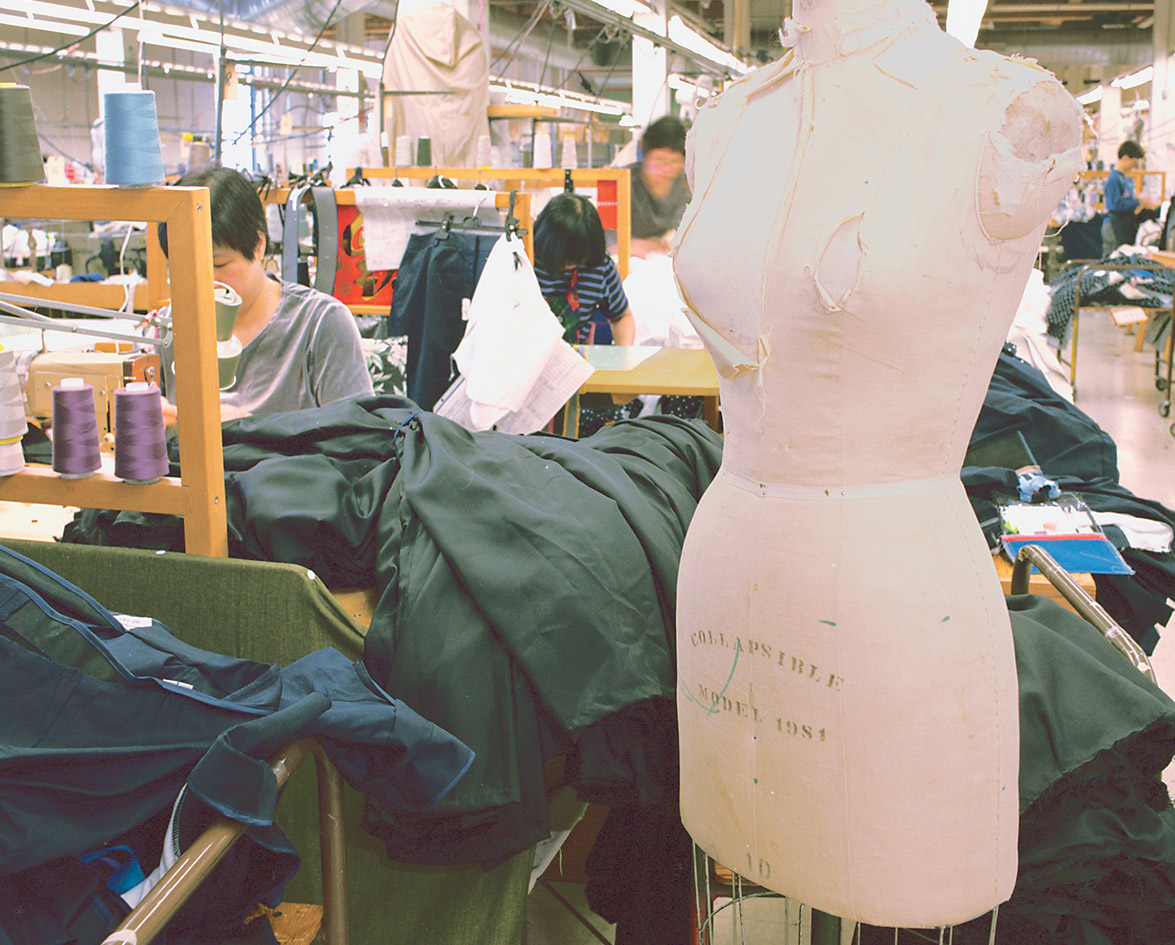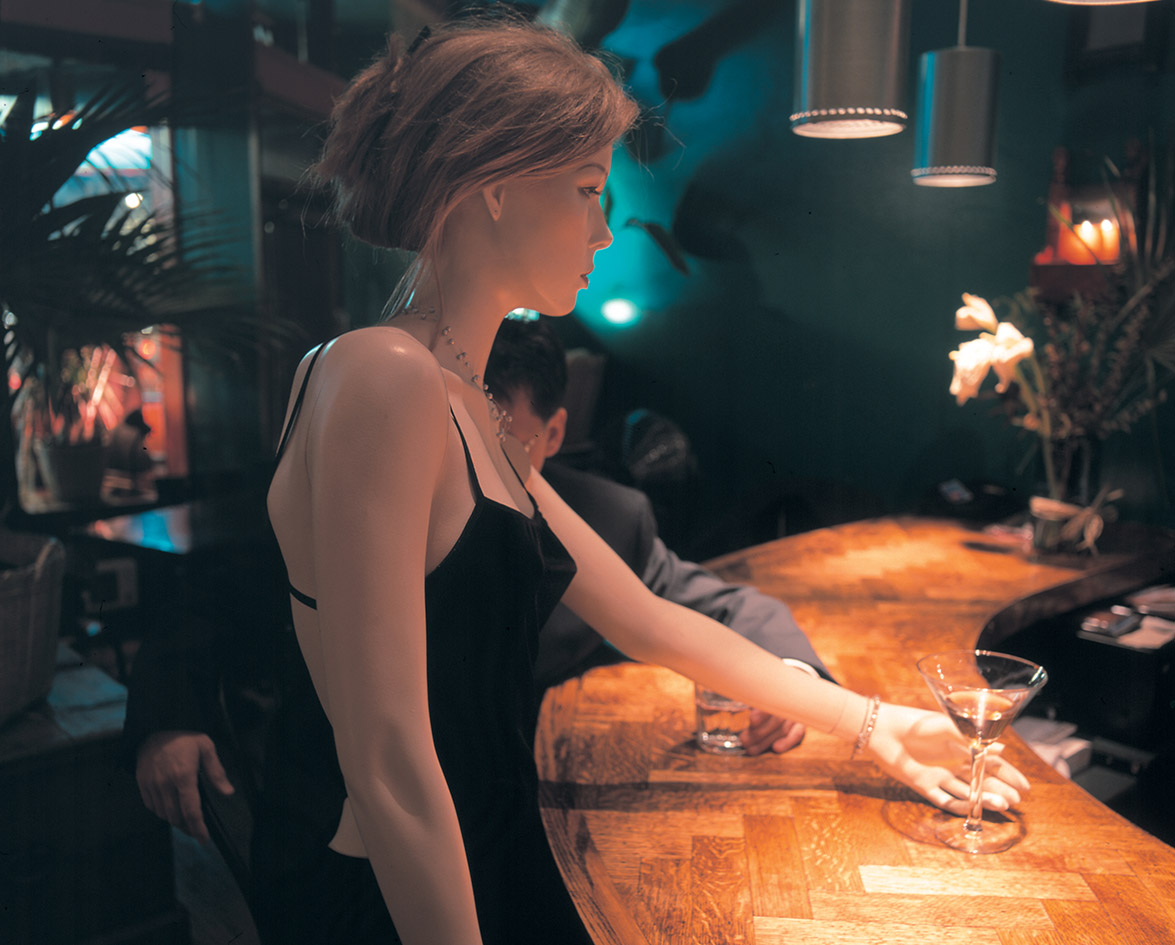Two bodies are discovered beside the Fraser River. The victims are young male Indo-Canadians, who were bound and shot to death execution-style. The incident is considered a double homicide. Investigators out of the serious crimes and forensics departments are dispatched to the scene.
At the Steveston Community Police Station, there is tension in the air as officers wait for more information. Wearing bullet-proof vests and 25-pound weapon belts, they are prepared to leave at a moment’s notice. Constable Carol Luk grabs a flashlight and a portable radio and adds them to her belt. Her neatly pressed uniform and shiny black boots will soon see wrinkles and mud, but for Constable Luk, being a police officer is not a fashion statement.
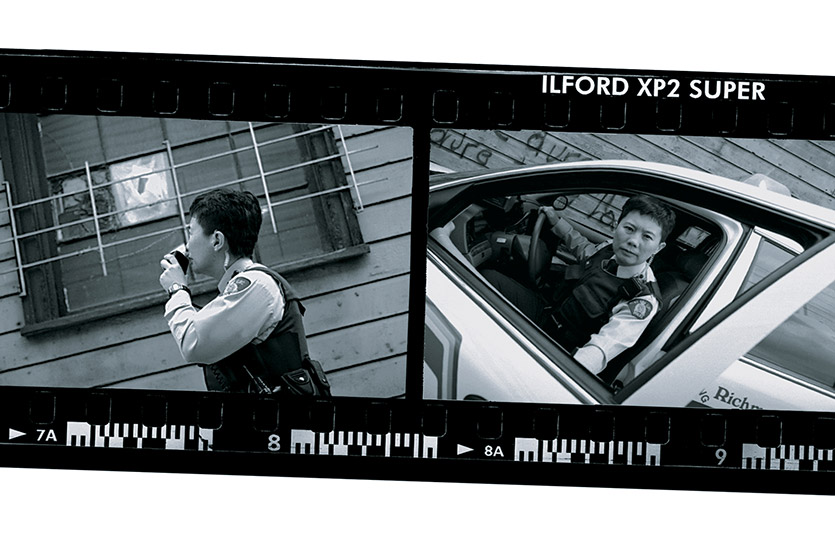
Entering The Police Force
She was born in Macau, a former Portuguese colony offshore from Hong Kong. When she was nine, she and her family moved to London, Ontario. “The only English words I knew were boy, girl, play and ball. I graduated from university in Hamilton and shortly after, I was hired as a corrections officer at a medium security, 700-inmate, men’s prison. Five years later, I applied to the Royal Canadian Mounted Police. My mom was a bit hesitant at first—actually she was quite scared—but she was also very proud.”
After completing French language training under RCMP orders in Montreal, Quebec, Luk attended boot camp in Regina. Six months and many push-ups later, she was posted to Burnaby, where she served for six years in both general duties and traffic section. After that, Constable Luk was in the RCMP Recruiting Division for four years, and one year as a shift supervisor at the Vancouver International Airport. A year ago she was been posted to the Steveston Community Police Office.
Constable Luk has overcome many obstacles during her career, including being one of the few female RCMP officers in Canada. “Being a woman police officer is different from being a male officer in that we definitely have to use what we call ‘verbal judo.’ We use our minds and words before we use physical force. You really have to develop a way of dealing with people. For example, during my training at boot camp in Regina, the instructors kept telling us that it would be very rare for us to get into a physical confrontation. As luck would have it, while working my first official night on duty in Burnaby, I got into three fights. Most of the time when you’re dealing with a man who’s high or drunk, they are still somewhat aware that they are dealing with a woman so they are not as aggressive towards female officers as they would be towards male officers. That’s the way society is. You’re brought up to respect your mother.”
A Hard Day At Work
Her scariest call was a high speed chase in the middle of the night. Another officer was pursuing a vehicle and Luk was assisting. She recalls, “I somehow ended up becoming the first car. All I knew was that the suspect had taken off on the police officer that stopped him and there had been a fight. When the other constable and I got out of our cars, we blocked him in and pulled out our guns. The suspect was 6’4″. Suddenly he charged at me. It was pitch black and we were screaming at him to move back and put his hands up. He came charging at me with his face all bloody and so high on drugs like you wouldn’t believe.” The man had something in his hand and pointed it at Luk and the other officer. Luk remembers, “My finger was on the trigger. I came really close to shooting him. As he came closer, I realized he was holding keys. We ended up tackling him and getting him into the back of the police car and taking him to jail.”
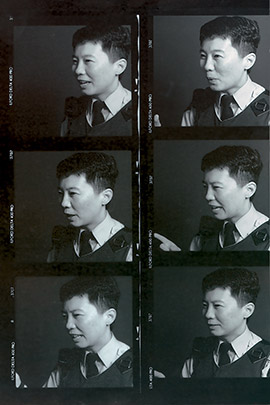
Getting Past The Red Tape
Murders and high speed chases didn’t deter Sergeant Jeannie Yee from becoming the first Chinese woman in the Vancouver Police Department. Born and raised in Vancouver, Yee completed all the components of the Vancouver Police Department’s recruitment process in 1981. However, she wasn’t hired because she failed to meet the height requirement. She says, “They wanted to make an example of me to prove why women shouldn’t be police officers. That was wrong. I passed every test they gave me.”
He came charging at me with his face all bloody and so high on drugs like you wouldn’t believe.
In 1987, no longer restricted by a height requirement and still aching to join the force, Yee describes asking for another application at Vancouver Police headquarters, “The same secretary was still there and she instantly recognized me. ‘Jeannie Yee? I’ve been wondering when you were going to walk through those doors again.’” Yee was hired within six months.
Overcoming Gender & Culture-based Barriers
The shortage of Asian women police officers in Greater Vancouver isn’t an illusion. According to Statistics Canada, in June 2000, there were 7,658 female police officers in Canada; not even 14 percent of the overall 56,020 officers. As of July 2001, there were 961 female RCMP officers in British Columbia, with six percent of those being of Asian descent. Numbers are slightly higher at the Vancouver Police Department, which employs approximately 155 female police officers, 10 of whom are Asian-Canadian. Statistics from Vancouver Island are not as promising. According to Ginny Barlow in the Human Resources Division of the Victoria Police Department, they have had no Asian female applicants.
Constable Luk believes that traditional cultural roles prevent many women of Asian decent from joining the RCMP. In addition, she explains that “most Asians are private people and they usually keep to themselves. They also believe the police are corrupt. One of the other major problems is that the RCMP hiring agreement stipulates that you must be willing to be posted anywhere in Canada. In the Chinese culture, family is considered very important. Asians are reluctant to leave their families.”
Other factors discourage Asian women from becoming police officers. According to Sergeant Yee, “Policing is not considered a status profession in the Asian community. Since the police standards are relaxed in places like Hong Kong, and the wages are not very high, being a police officer doesn’t do much for your reputation. Asian parents do not encourage their children, especially girls, to pursue policing. They would rather see their son or daughter become a pharmacist because it pays well and it is seen as a role with responsibility. The mentality is to encourage children to get good marks so they can be rich and successful.”
Physical Barriers
Besides cultural barriers to becoming a police officer, physical aspects of the job also discourage women, whether they are Asian or not. Applicants are required to score competitively on the Physical Ability Requirement Evaluation (PARE ) by the RCMP and the similar Police Officers Physical Abilities Test (POPAT ) by municipal police departments. “I personally think that the push-pull weight section of the test puts women at a disadvantage, especially for women who are short like myself,” argues Constable Luk. “But it’s a skill you have to develop. I’ve seen many short women pass the test, you just really have to work at it.”
To attract more Asians to join the RCMP, Luk recently set up career information booths at Aberdeen Centre and Parker Place in Richmond. She remembers, “people were lining up before I even set up the booth. Quite a number of Asians talked to me and they seemed very interested. However, out of approximately 70 Asians who came to the session, only 10 returned to write the exam. It was very disappointing.”
In facing the daily challenges of their career, Constable Luk and Sergeant Yee strive to perform above and beyond the call of duty. They are motivated by the satisfaction and public recognition of life as police officers. Their personal triumph and passion for making a difference carve a path for other Asian women.





